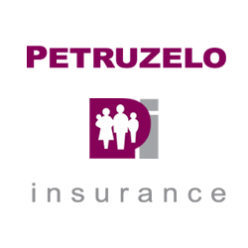
Your insurance declarations page is one of the most important parts of your policy. It’s where you’ll find all the information about what’s covered and what isn’t, as well as important details like your deductible and coverage limits.
Make sure you read it carefully before signing up for coverage. It’s essential that you understand exactly what is—and isn’t—covered by your policy, so make sure you’re familiar with any exclusions or limitations.
If you haven’t already, take some time to look it over and speak with an agent to ensure you’re getting the correct coverages and best rates.
Here are 3 important things you should know about your insurance declarations page.
1. Your declarations page is a legally binding contract
Your insurance declarations page is the document that you sign when you buy a policy from your insurance company. It outlines what you’re covered for and what’s excluded, so it’s important to make sure you understand it. Think of it as a contract between you and your insurance company. It’s written in legalese (which can be tough to understand), but the point is that this document outlines what you can expect when filing a claim with your insurance company.f you find something on your declarations page that doesn’t match up with reality, talk to your insurance provider about it ASAP so they can update their records with accurate information about where you live and store your belongings, how many cars you own, etc., which will help them better assess any claims later down the line
2. Declarations pages can vary from insurance company to insurance company
The details included on your declarations page will depend on the specific policy that you’ve purchased. Different insurers use different terminology for things like deductibles, co-payments, and coinsurance. It’s important to know what these terms mean so that you can make an informed decision about what coverage best suits your needs. Some policies have summary pages instead of declarations pages, which contain much shorter descriptions of what’s included in the policy and any limitations or exclusions that apply. This kind of summary may also include an explanation of how certain types of coverage work (like how health insurance helps pay for prescription drugs).
3. Policies can change over time.
You may not realize it, but policies can change over time; even if they don’t explicitly say so on the declarations page, it’s possible that your coverage limits could go up or down from year to year based on inflation or other factors that affect the cost of living in general (like medical inflation). If this happens, you’ll want to make sure that any changes are reflected in your policy documents before renewing them each year.
